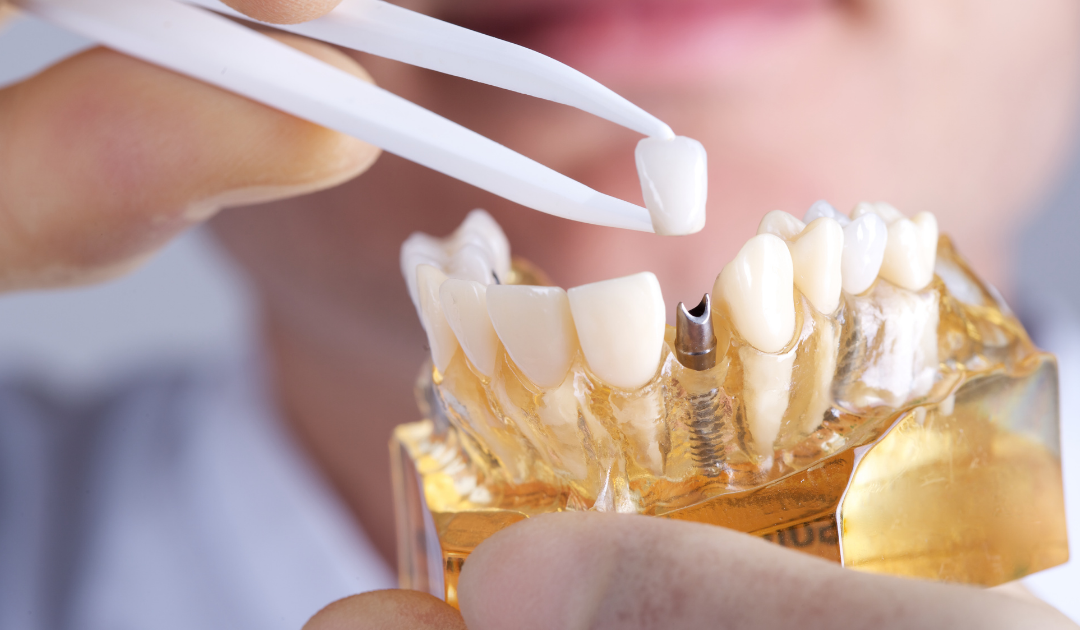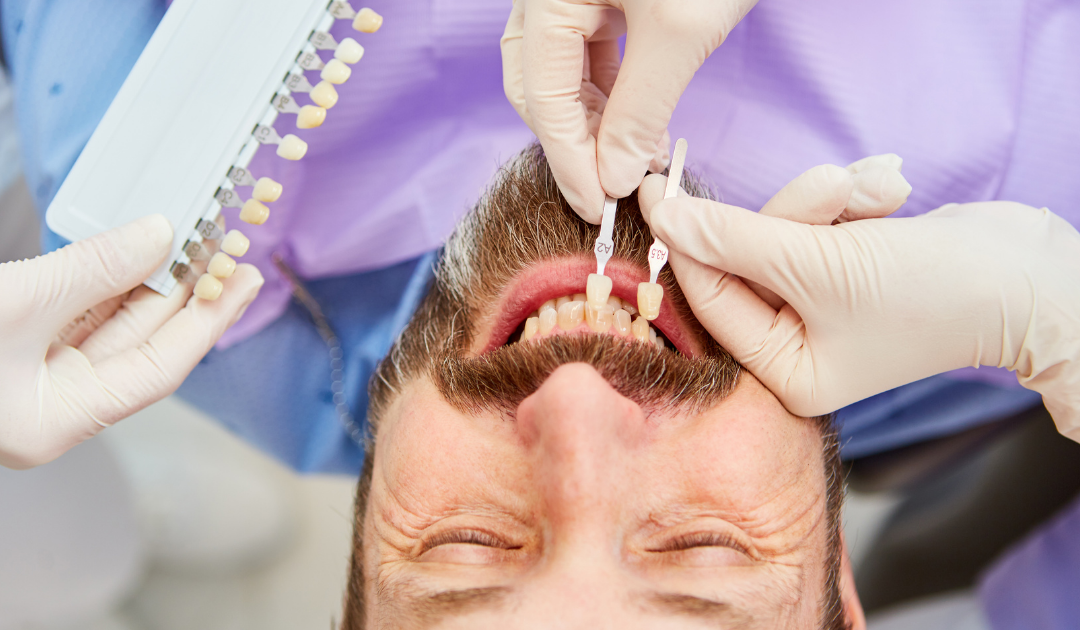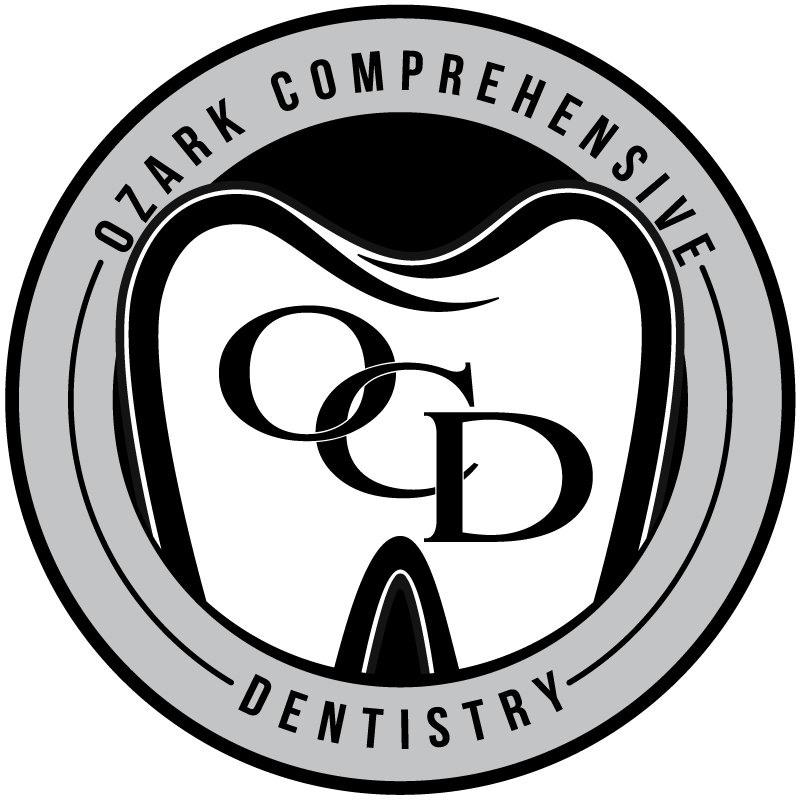5 Jaw-Dropping Facts About Temporomandibular Disorder

Millions of American adults suffer from chronic symptoms related to jaw pain, earaches, or headaches. These pains and aches are often rooted in something called the temporomandibular (TM for short) joints. These joints are located on each side of your head, and they work together along with a collection of muscles, ligaments, bones, and discs to allow your jaw to make different movements for chewing and speaking.
Temporomandibular disorder, also known as TMD, refers to various conditions that affect your temporomandibular joints, facial nerves, and jaw muscles. TMD may occur when the jaw twists as you open or close your mouth.
Fact #1: TMD Affects Twice as Many Woman as Men
This is mostly related to the hormonal difference between each gender. In general, TMD tends to present in women ages 19-49 due to the increased estrogen and estrogen levels. Evidence suggests that ligament laxity tends to increase as estrogen levels rise, and when ligament laxity increases, joints can become more irritated.
Fact #2: TMJ is the Body Part, not the Disorder
People often make mistakenly refer to the temporomandibular disorder as TMJ because they are often used interchangeably. In reality, TMJ refers to the temporomandibular joint itself, and TMD refers to temporomandibular disorder. Other ways you can correctly reference this disorder is by calling it “TMJ disorder,” “TMJ dysfunction,” or simply “TMD.”
Fact #3: Neck Injuries can Cause TMD
There are various issues that can cause TMD, but the most common cause is an accident that results in a serious neck injury. Even if the accident didn’t directly impact your jaw, the injury is close enough that the injury’s side effects can spread to your jaw.
Fact #4: TMD can Cause Sleep Problems
It’s been found that those with TMD are more likely to have obstructive sleep apnea (OSA). While the direct relationship is up for debate, it makes sense that pain in your jaw affects your breathing and ultimately affects regular breathing throughout the night.
Fact #5: Pain From TMD Extends to Other Parts of the Body
Since our bones and muscles are all connected, those who have TMD might feel abnormal pain in other parts of their body outside of the jaw area. Generally, they may experience pain in their neck, face, or ears. It’s not uncommon for TMD to cause severe headaches and migraines as well.
If you believe you’re experiencing symptoms caused by temporomandibular disorder, you should schedule a consultation with Dr. van Zyl right away so you can determine what the best course of action is. For more information or to schedule an appointment, call 479-337-4070.
















